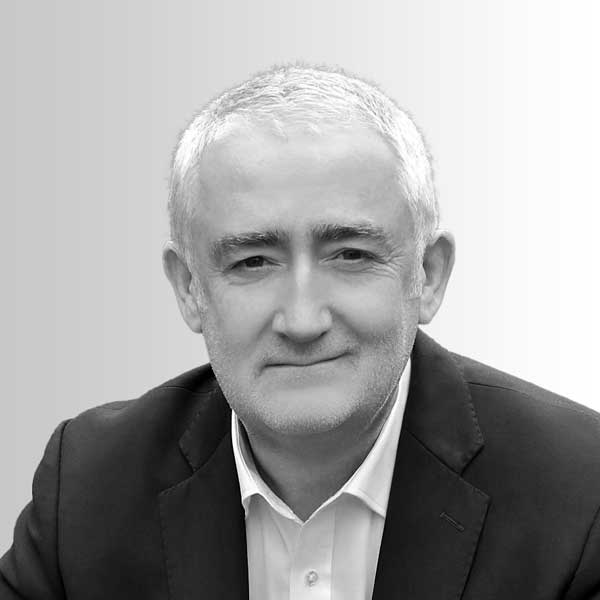Money can symbolise security, freedom, and the ability to meet our needs and desires. Anxiety about money frequently stems from the fear of not having enough to provide for these needs, the uncertainty of the future, or past experiences of financial instability, such as debt, job loss, or poverty.
At FindaWealthManager.com, we speak to thousands of clients each year. Although everyone has a unique set of circumstances, there are some common worries and regrets we set out below.
1. Will I have enough money in retirement and when can I retire?
The answer depends on a lot of things, some of which we might not have even considered. A useful tool wealth managers use is a cash flow model, which is a detailed picture of your assets, investments, debts, income and expenditure, projected forward, year by year, using assumed rates of growth, income, inflation, and interest rates. Wealth managers use cash flow modelling to show how long your money is likely to last in retirement.
A useful tool wealth managers use is a cash flow model, which is a detailed picture of your assets, investments, debts, income and expenditure, projected forward, year by year, using assumed rates of growth, income, inflation, and interest rates
2. How much money should I leave my children without jeopardising my retirement and will they work as hard knowing an inheritance is coming?
Estate planning tools like wills and trusts are often considered to be the best options for leaving money to your children because you can outline how and when your children will receive the money. If the child is a minor, you can even dictate how they can spend the money.
3. Should I manage my own investments, or should I appoint a Wealth Manager?
There is a plethora of information available for anyone who is inclined to manage their own investments, and some people do a great job. This being said, time and again, we speak to people who enthusiastically embarked on a DIY investment strategy only to find that a few years down the line they haven’t looked at their portfolio in months and their returns have suffered accordingly.
Sometimes it’s better to pay a professional so you can get on with your personal priorities. Our questionnaire will match you to the best-matched wealth managers for your needs – if you require financial planning or tax advice in addition to investment management, simply indicate this when inputting your details.

Top Tip

Lee Goggin
Co-Founder
4. I wish I had started saving sooner but what can I do to make up lost ground?
Is it too late to start saving for retirement at 40 or 50? No!
While it might be a challenge, it’s not too late to get started. There’s a good chance you’re entering your prime earning years, allowing you to set a solid foundation and build a nest egg for retirement. But remember it’s a good idea to start as early as possible. A little saved in the early years can have a significant impact later down the track.
A little saved in the early years can have a significant impact later down the track
5. I wish I’d had a better understanding of personal finance when younger.
It’s a sad truth that the teaching of personal finance still gets a wide berth at school. It should be essential that kids leave education with some knowledge of the benefits of saving, interest and basic tax.
As parents and grandparents, we can help the youngsters get a good grasp of things by setting up junior ISAs and SIPPs. When they see their savings pots begin to grow, it can help to focus their minds on the benefits of starting to save early and continuing to do so.
If any of these concerns are causing you sleepless nights, visit us today at Findawealthmanager.com and we can give you access to a free review of your situation with our panel of highly regarded wealth managers.
Important information
The investment strategy and financial planning explanations of this piece are for informational purposes only, may represent only one view, and are not intended in any way as financial or investment advice. Any comment on specific securities should not be interpreted as investment research or advice, solicitation or recommendations to buy or sell a particular security.
We always advise consultation with a professional before making any investment and financial planning decisions.
Always remember that investing involves risk and the value of investments may fall as well as rise. Past performance should not be seen as a guarantee of future returns.




